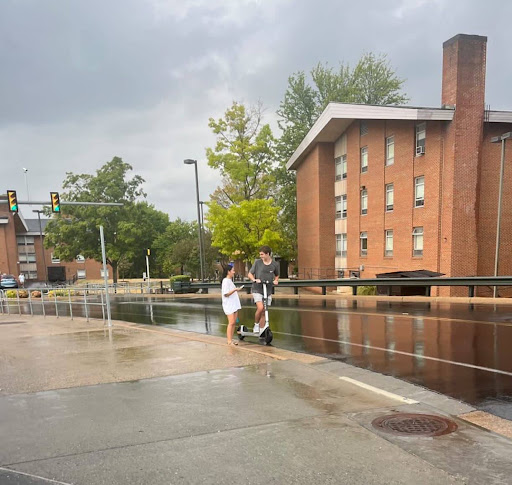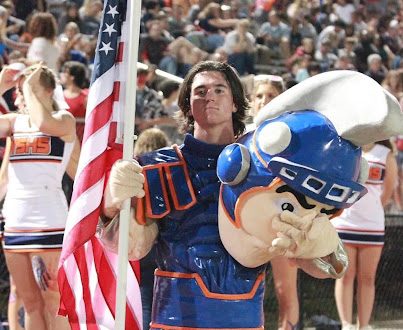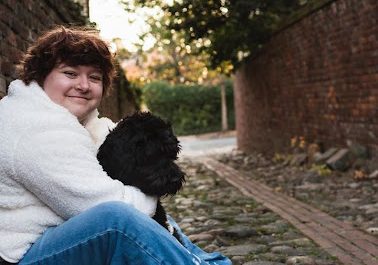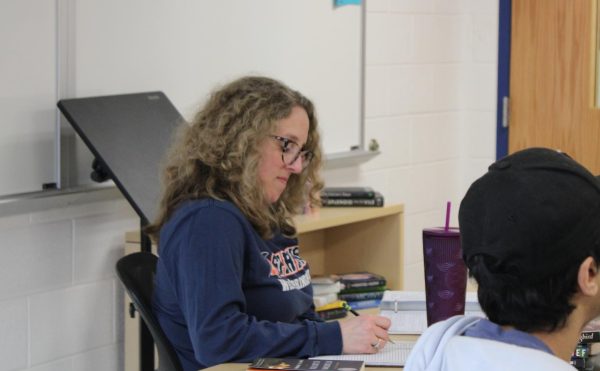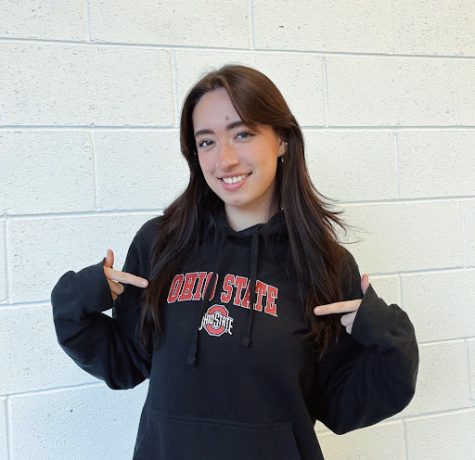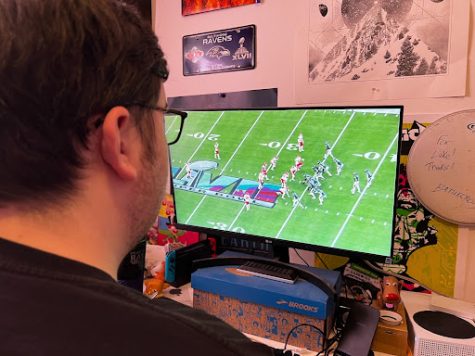Studying a brighter future
In 2021, Meerab Khalid’s whole life changed. After growing up in Pakistan, her family moved to America in hopes to have a future with more opportunities.
Khalid’s parents decided to move their family to chase the American dream, which for them meant more career choices and economic stability. Although challenges came with the move, she gained the opportunity to get into multiple colleges and universities after hard work and dedication to her studies.
“In my country we have inflation that was really high, and everything was falling apart. That’s why we moved here as the currency rates were much better,” explained Khalid.
For Khalid’s family, America was what they needed for a fresh start. But, moving to America also created many struggles in order for Khalid to adapt to her new life.
“I felt different when I first came to America, but I adapted to their clothing,” said Khalid.
According to Khalid, the focus of Pakistan’s culture and social life is integrated with their Islamic beliefs. With the move, Khalid had to work hard in order to fit in with her diverse classmates and peers. At the beginning of her senior year, she dressed in more cultural clothing, like Pakistani accessories and loose fitting clothing while as of now she has adjusted her wardrobe with more jeans and sweatshirts. Her personality has also changed.
“I used to be very social, but after we came here, I wasn’t very social with everyone. I got used to being an introvert,” expressed Khalid.
Khalid had to code switch from her mother tongue to English and that completely changed the way she interacted with people. The new social cues and American slang made it difficult for Khalid to communicate with the people around her.
“Not many people knew I was able to speak English so they were shocked when I could,” Khalid pointed out.
In Pakistan, Khalid’s social life was blooming. She was able to hang out with people who spoke like her, enjoyed the same things as her, and were able to relate to her. In America, her social life dwindled as she was surrounded with people who weren’t able to relate to her.
Khalid also faced discrimination as people blindly assumed she wasn’t able to speak English because of her racial background. This led to some people not interacting with her because of their racial profiling.
“They would make fun of my accent and say unnecessary things,” Khalid remembered.
Not only did people form opinions on Khalid before trying to empathize with her, but people also didn’t try to understand her because of her differences. Moving to America was very challenging. There seemed to be a daunting barrier between Khalid and her peers, but her social life was not the only thing that was heavily impacted.
“Since my schedule is really crowded, I have to maintain my grades as best I can, which makes me take extra classes after school,” Explained Khalid
Since Pakistan and America have different education systems, Khalid had to take classes ranging from 9th grade to 12th grade in order to meet the graduation requirements. This overflowed her schedule and forced her to take classes online and after school. School became a stressful environment filled with memorization, quizzes, tests, and essays instead of a sanctuary of learning. Even when school became overwhelming, she still managed to persevere and accomplish the goal her parents had of creating a better and brighter future for her. Her story is shaping up to have a happy ending.


